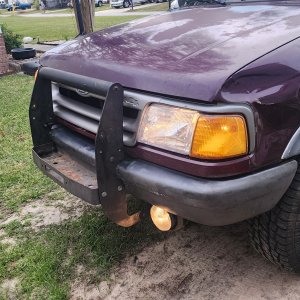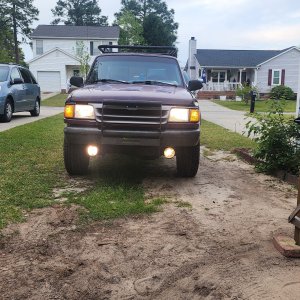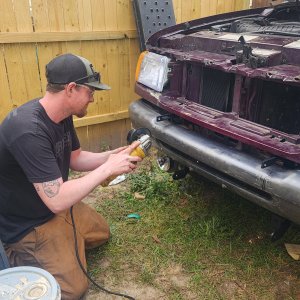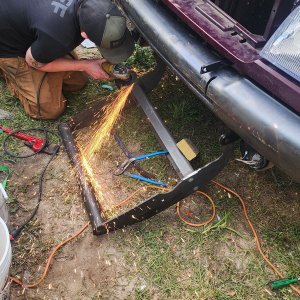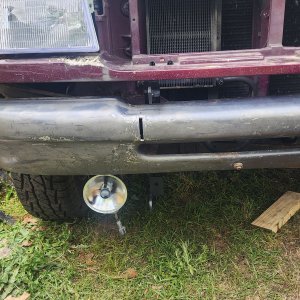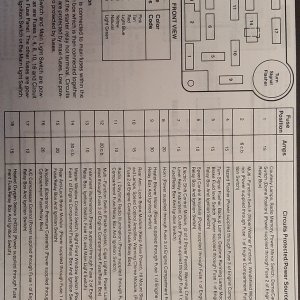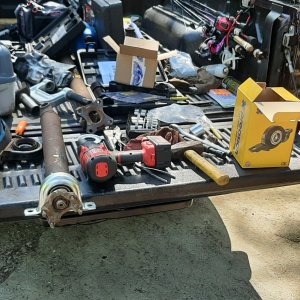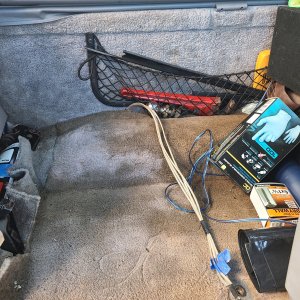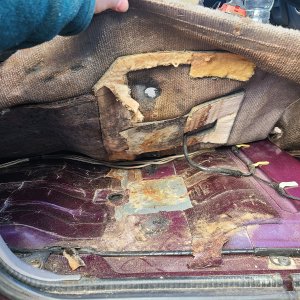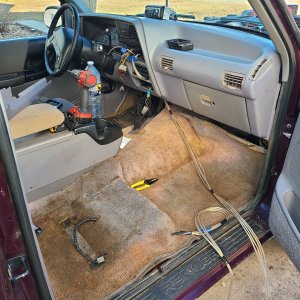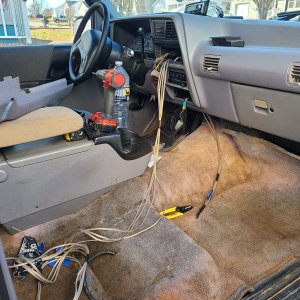Frankly fueseable link wire is made from alloys that are tailored to melt at a specific load/temperature... sadly they are not even remotely corrosion resistant.
In point of fact many fuseable link alloys are prone to something called intergrannular
corrosion where intermetallic compounds are formed... some os these alloys can do this even a vacuum!
I would STRONGLY recommend that if yyou suspect that you have a fuseable link "issue" that you replace the offending link with an inline maxifuse of a appropriate value.
Now as for revese jumping, which I take to mean inadvertantly connecting jumper cables backwards?
What usually gets wrecked by doing this is the rectifier diodes in the alternator OR the field feed antireverse diode in the voltage regulator.
IF you've reverse jumped a vehicle and you have anything more than a weak suspicion
that the diodes in the alternator have been damaged (check the alternator output at the battery terminals with a digital multimeter set to the AC voltage range
and more than 0.1Vdc is cause for suspicion any more than 0.3V is cause to replace the alternator immediatly.
Another important check is to charge the battery with a line powered charger (engine off), preferabl overnight and check before you start the engine to see if the altenrator is "Warm" compared to other metal under the hood...
I had one alternator fail so that it was full fielding even with the engine turned off.
Thing got hotter than hell with a fully charged battery...
AD



